1
/
of
10
Product number: SKU:24791
24791 Kitaoji Rosanjin (White porcelain sake cup (Kuroda Satoshi))
24791 Kitaoji Rosanjin (White porcelain sake cup (Kuroda Satoshi))
Sold out



【Related categories】
Share
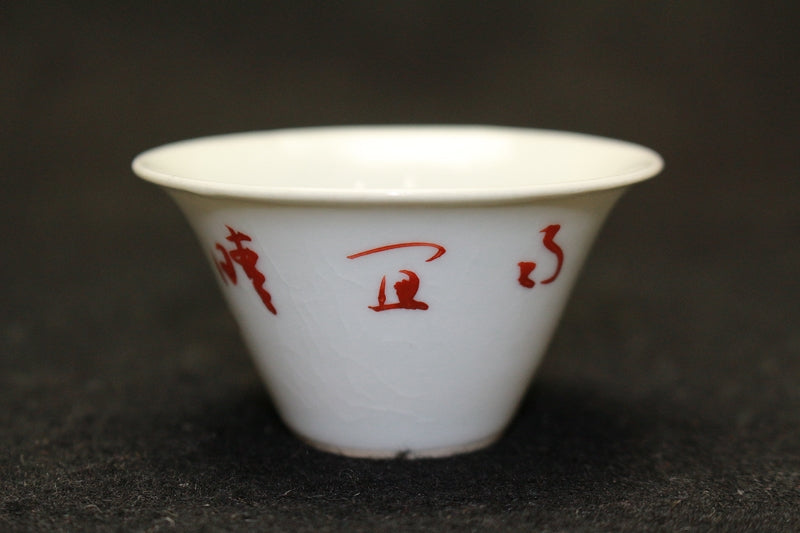


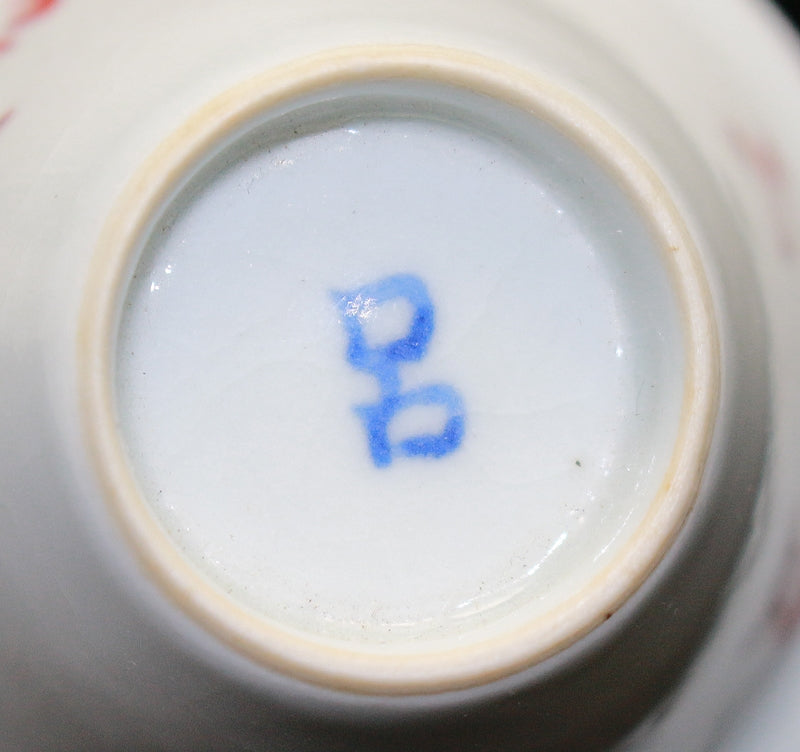
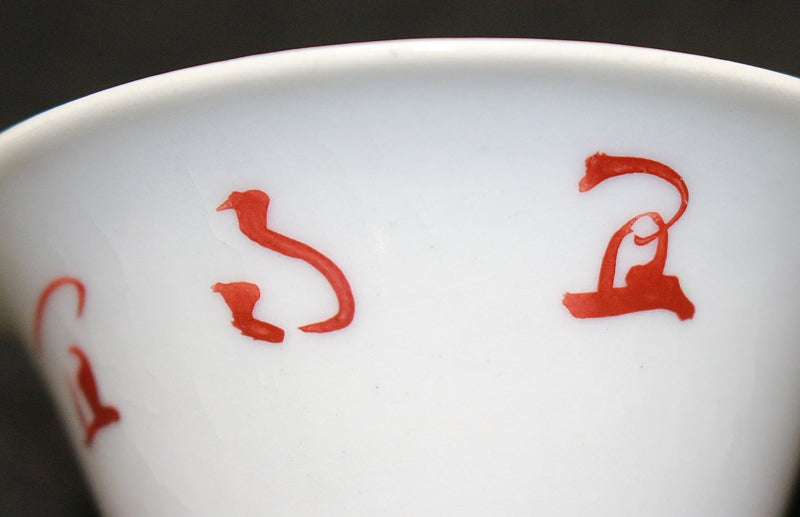
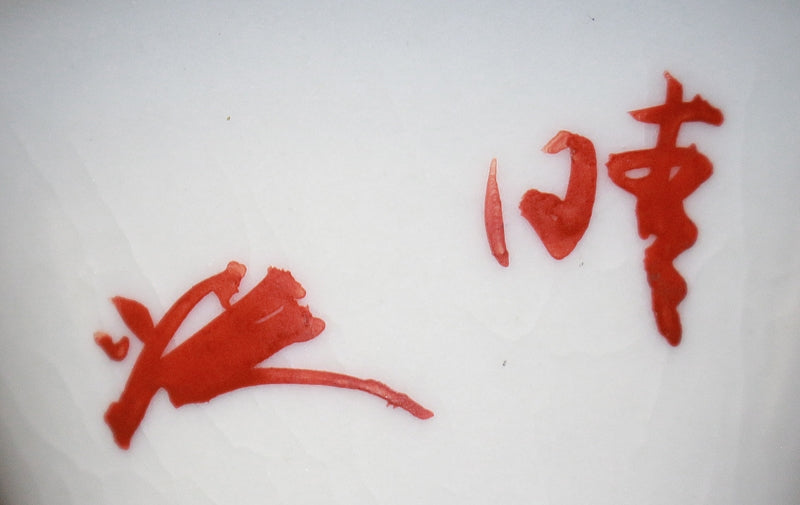
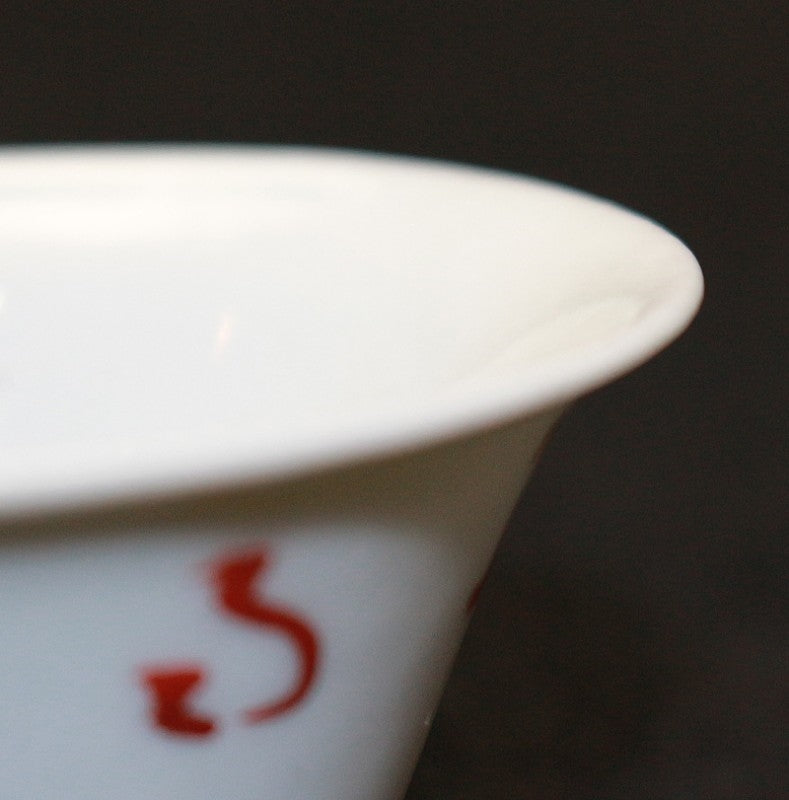
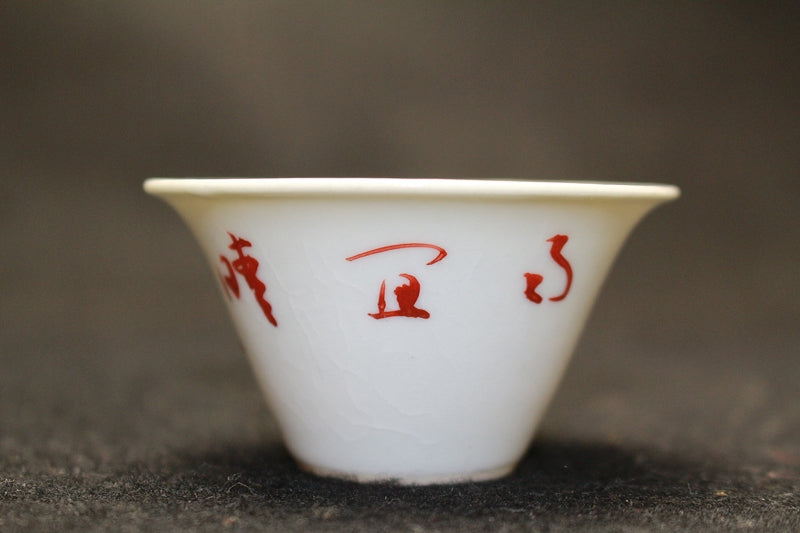
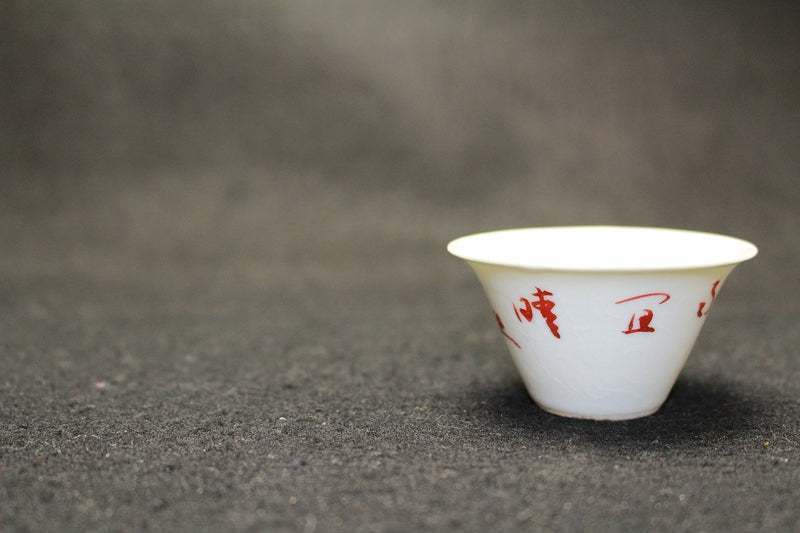
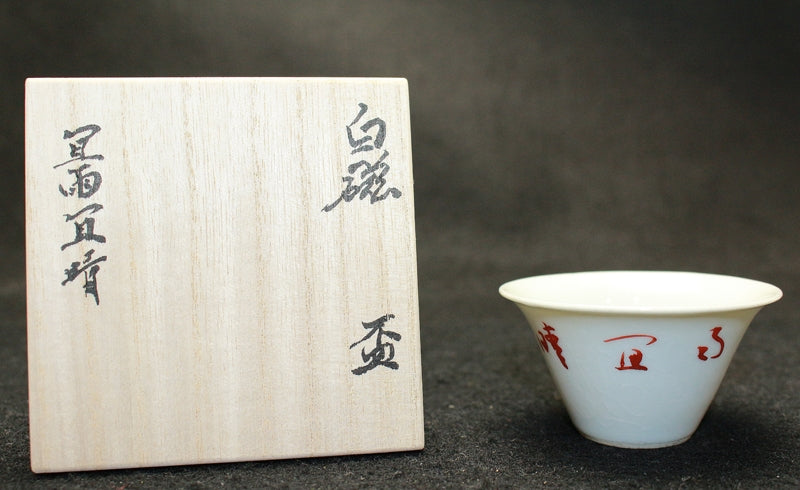


















*Sold
Height 3.4cm
Diameter 6.2cm
On the side of the statue is an excerpt of the meaning of the phrase "Ten Conveniences and Ten Appropriateness." "Ten Conveniences and Ten Appropriateness" refers to the "Twelve Convenient Poems" (the two "Appropriate" poems have not been found) from the Qing Dynasty playwright Li Yu (Li Yuweng), who wrote about life in the villa Yiyuan.
The story of "Jibuken Jugisho" (Poems of the Ten Benefits and the Twelve Good Things) is about a man who lived in seclusion with grass and reeds tied at the foot of a mountain and closed the gate, and when he received a visitor, the visitor remarked that although it was tranquil, there must have been many inconveniences. In response, the visitor composed a poem about convenience and good things. Based on this, Ike Taiga painted the "Jibukencho" (Poems of the Ten Benefits) and Yosa Buson painted the "Jigicho" (Poems of the Twelve Good Things), and the resulting collaborative picture album is the "Jibuken Jugisho." It is colloquially also known as "Jibuken Jugizu" (Pictures of the Ten Benefits and the Twelve Good Things). Taiga's "Tsuriben" (Fishing Convenience) is famous.
"The Ten Convenient and the Ten Appropriate"
※Jiyucho
Yosa Buson. A pictorial representation of the "ten good things" that change with the seasons, time, and weather. The beautiful depiction of nature, including the use of different lines, shows Buson's individuality as a haiku poet. Good Spring, Good Summer, Good Autumn, Good Winter, Good Dawn, Good Evening, Good Sunshine , Good Wind, Good Shade, Good Rain
The words quoted here.